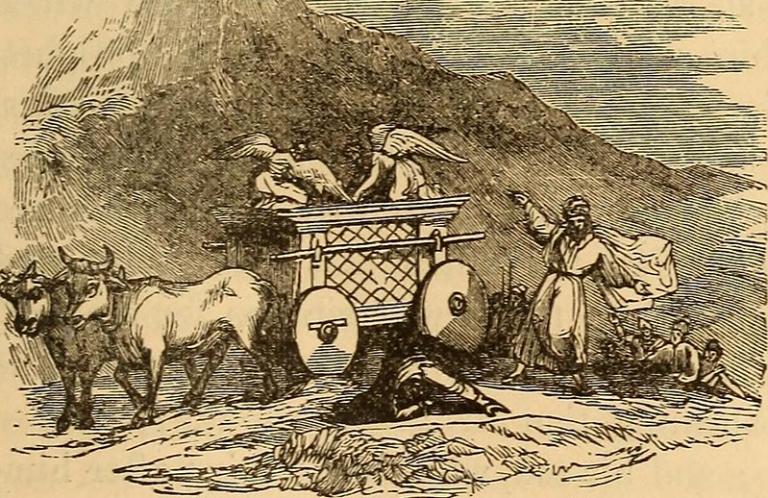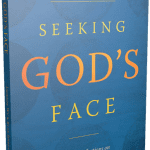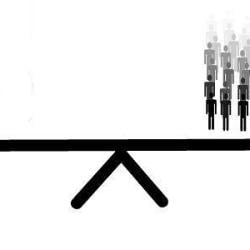Today’s post offers an excerpt adapted from our new book, Seeking God’s Face: Practical Reflection on Honor and Shame in Scripture, which is available for pre-order. I introduced it last week.
Touching the Ark of God
Uzzah put out his hand to hold the ark, for the oxen shook it. The anger of the Lord was kindled against Uzzah; he struck him down because he put out his hand to the ark; and he died there before God. (1 Chronicles 13:9b-10)
At the height of the American Civil War, Confederate William Mumford tore down the American flag and dragged it through the streets in protest. Shortly after, Mumford was executed for desecrating the nation’s flag. Why such a severe punishment? Notice how a Union general denounced the confederate mob,
“They have insulted our flag— torn it down with indignity. This outrage will be punished in such a manner as in my judgment will caution both the perpetrators and abettors of the act, so that they will fear the stripes, if they do not reverence the stars of our banner.”
People intuitively grasp what it means to treat something as sacred, worthy of unique honor. Still, readers are often perplexed by God striking down Uzzah when he touches the ark. “Isn’t God a bit uptight?” some ask. Unlike national flags, which are owned and flown by people throughout the world, the ark uniquely serves as the symbolic throne for God.[1] No wonder the Lord gave such specific instructions about how to carry it (Exodus 25:12-14).

Yet, David’s men transport the ark by cart, just as they would anything else. They intend to honor God and bring him worship. Instead, they treat his throne with casual neglect. When Uzzah sees the oxen stumble, horror no doubt courses through his body as he anticipates the ark being defiled by mud. How shameful to let God’s throne descend to the earthen filth below!
Uzzah, however, has a fundamental misunderstanding about how to honor God. He assumes that the ground below is dirtier than his own hand. Uzzah forgets that he is a broken sinner, tainted by sin save for the mercy of God. He mistakes the call of God, who does not delight in mere ritual but reverence. The various sacrifices and rituals of worship are simply expressions of godly devotion.
In reality, Uzzah’s blood stains the hands of David and the assembly. Uzzah’s error is rooted in an increasingly casual attitude toward God that pre-dated the day of his death. He belonged to a community that treated what is holy as though it were common.
In profaning God in this way, they provoke the Lord and disgrace themselves. Uzzah’s death befits a cavalier attitude toward God’s holiness. Let us not be so casual in our service to God.
Parting Reflection
How might you be too casual in how you worship God and follow Christ? What is the relationship between ritual and reverence?
Parting Prayer
Lord, thank you for the sobering story of 1 Chronicles 13-15. We long for more than casual religion. You desire that our hearts would worship, like David, with great dancing and celebration. Teach us to honor you with all of our minds, hearts, and bodies.
[1] Cf. 1 Chronicles 13:6; 1 Samuel 4:4; 2 Kings 19:15, among others.
You can pre-order the book here!

















